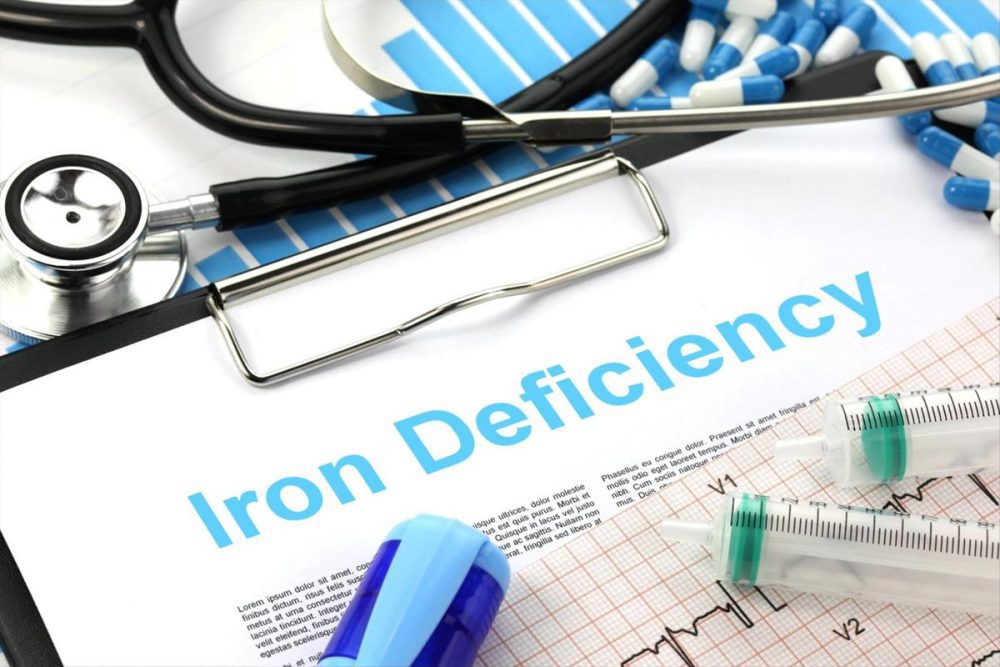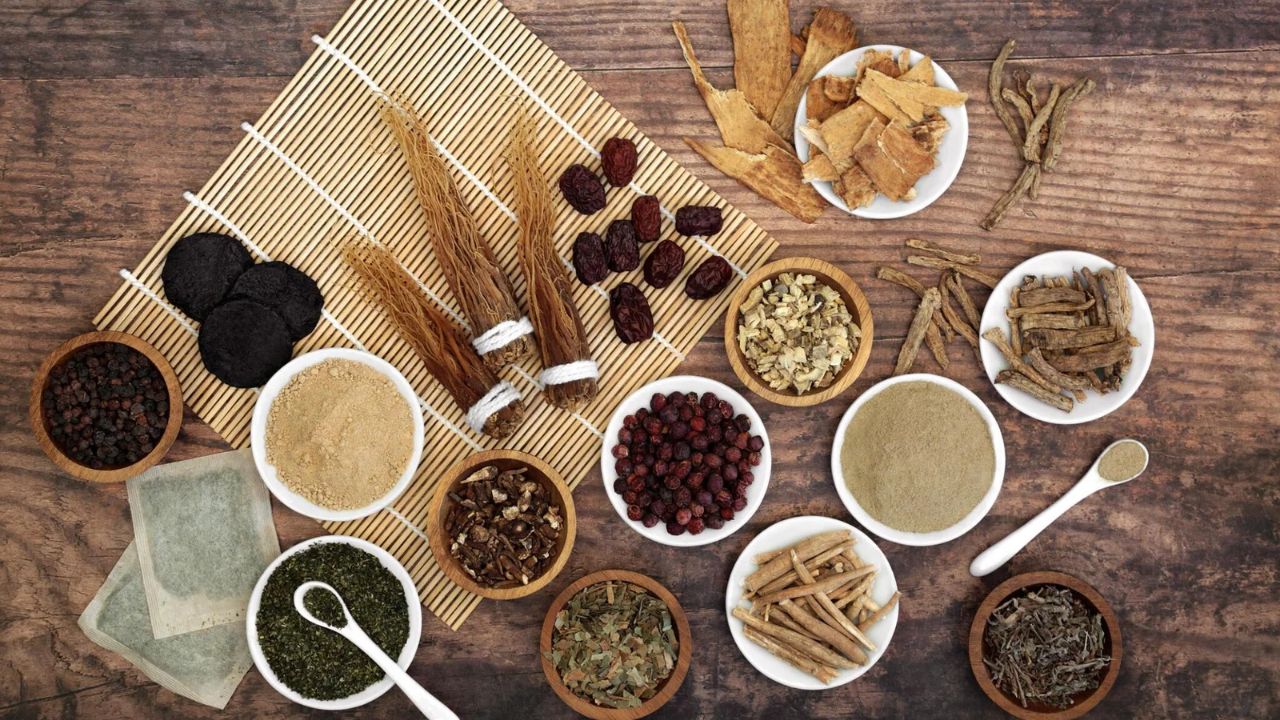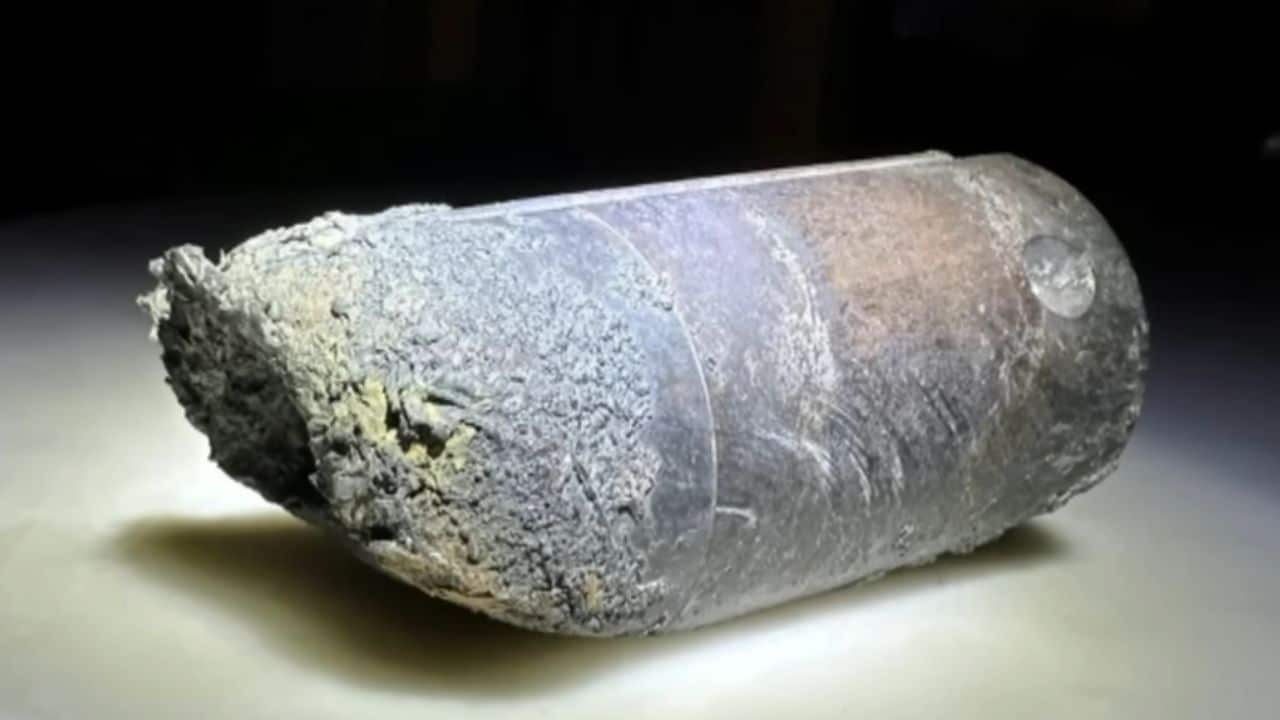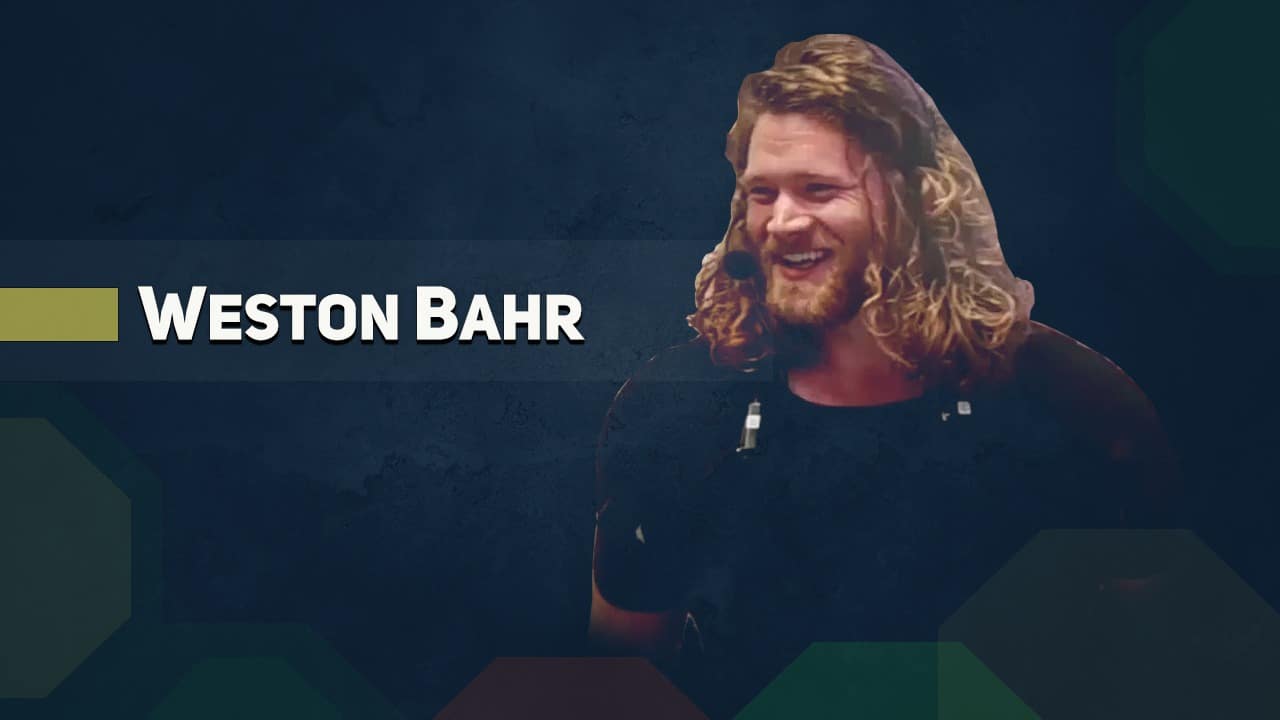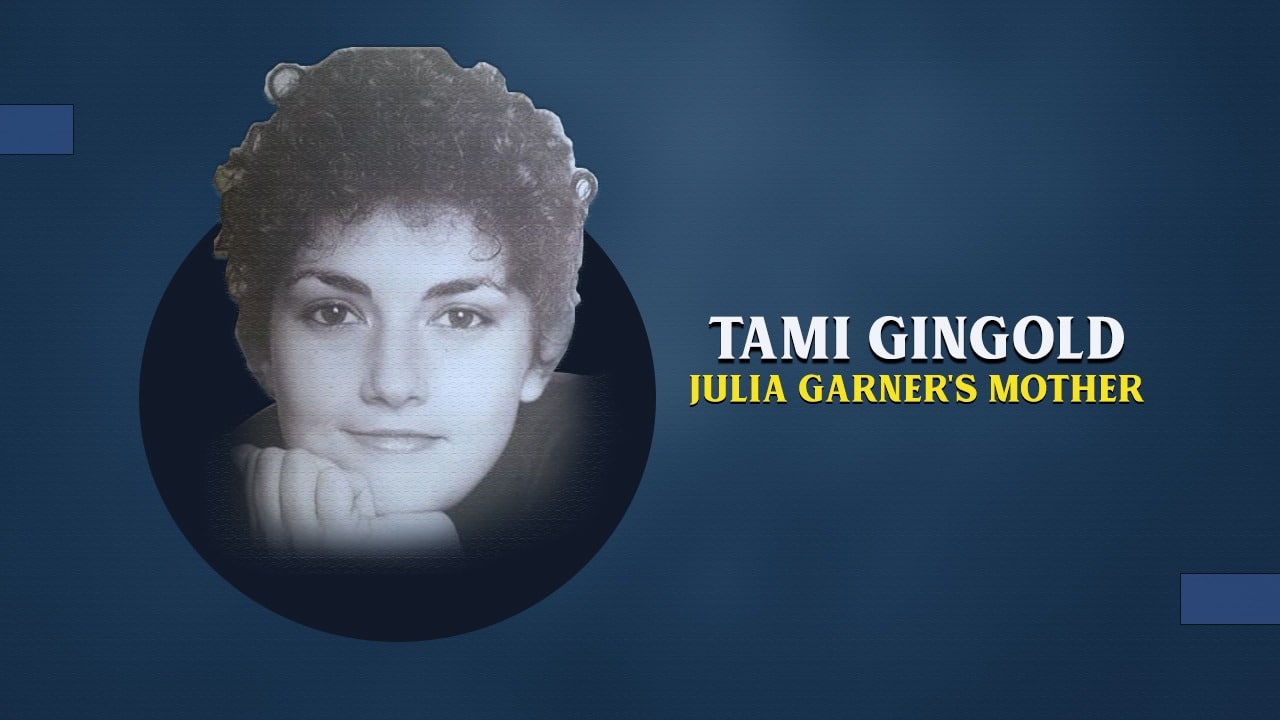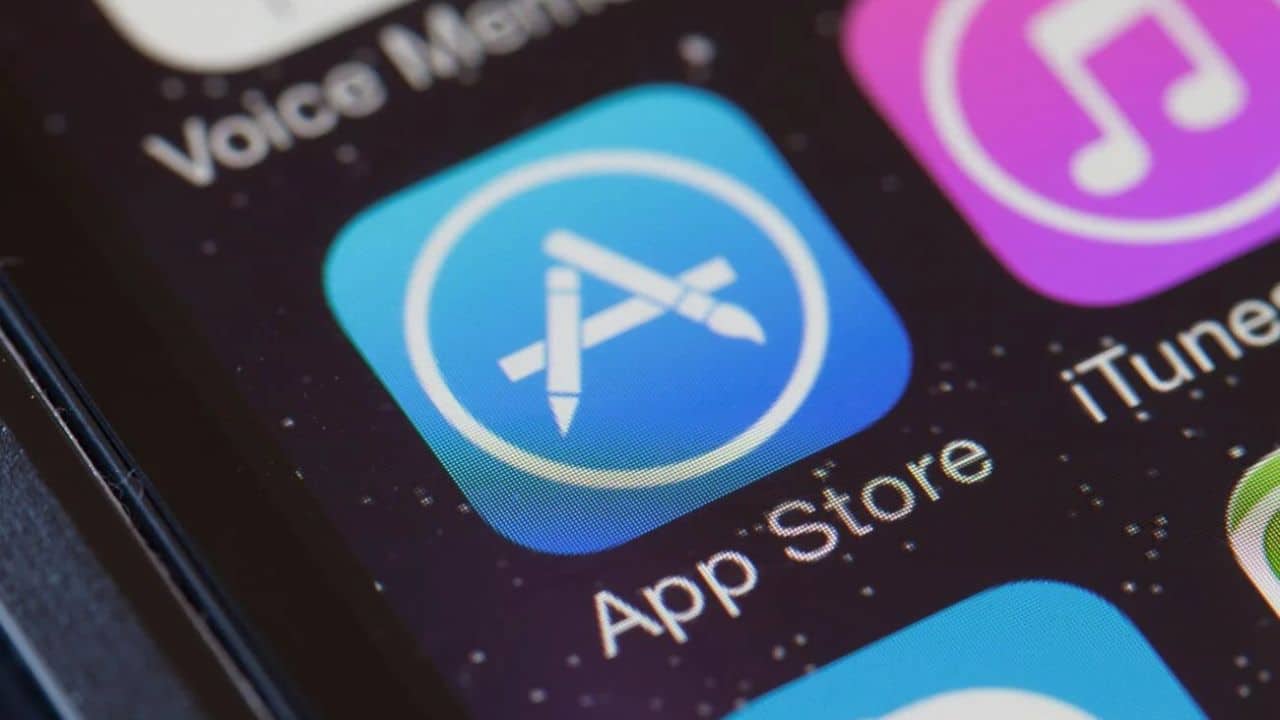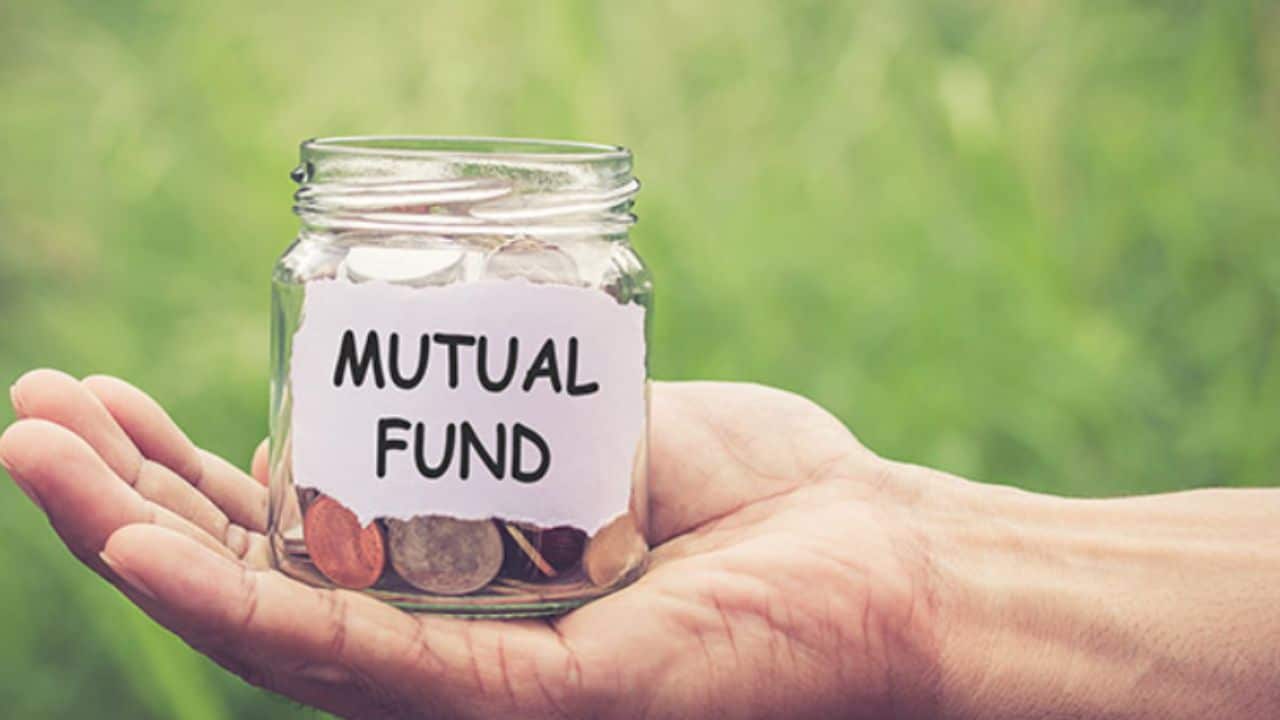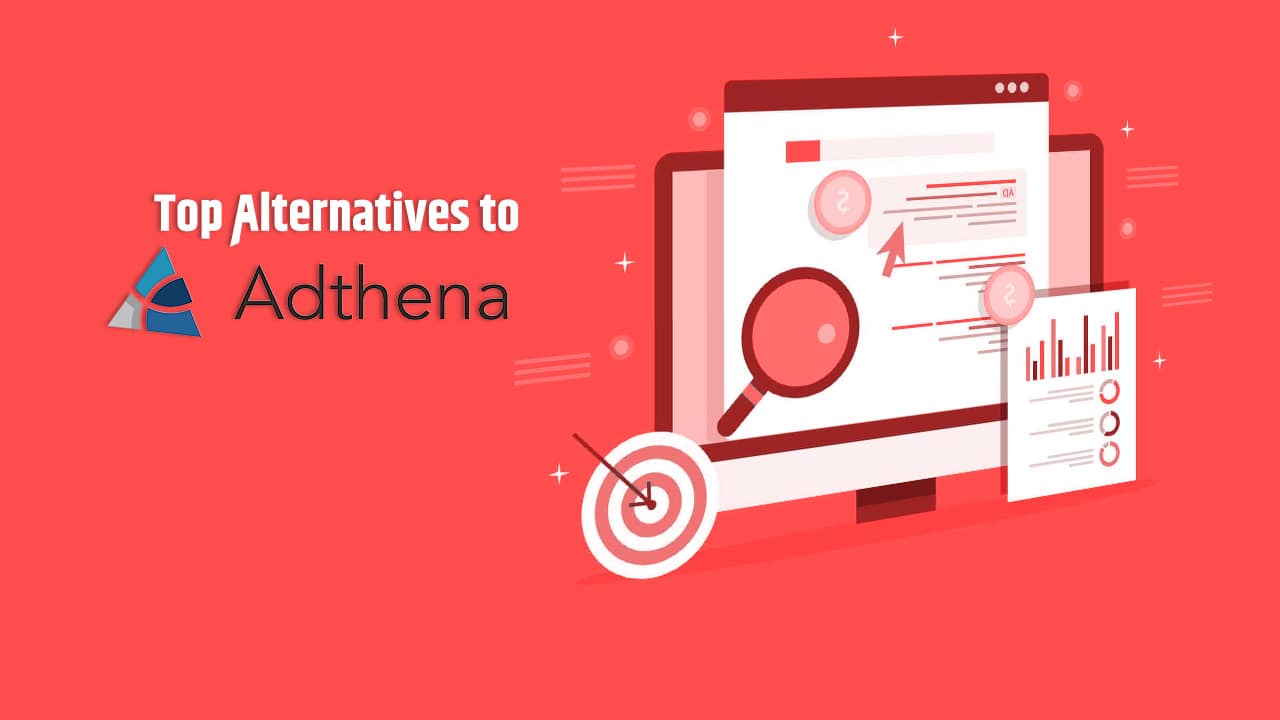Iron is an essential mineral that your body relies on for many different reasons. It is most commonly linked to tiredness and fatigue but also plays a role in the transport of oxygen throughout your body. Within this guide, we will be taking you through the basics of iron, including exactly why your body needs it.
Why Does The Body Need Iron?
There are many essential minerals that your body needs to function normally. Iron is one of them – in fact, it plays many vital roles.
Tiredness and Fatigue: Iron contributes to the deduction of tiredness and fatigue. This is why many people, particularly those who are pregnant or over 50, choose to take iron tablets. These tablets help to safeguard their daily iron intake. (EFSA, 2010).
Red Blood Cells: Iron also contributes to the normal function of red blood cells and hemoglobin. With this in mind, iron is necessary for the transport of oxygen to tissues throughout the body. (EFSA, 2009).
Immune System: Just like Vitamin D, iron is necessary for the normal function of the immune system. (EFSA, 2009).
Cognitive Function: What you may not know is that iron also contributes to normal cognitive function. (EFSA, 2009).
As you can see, iron plays an important role in many different areas of the body. This is why it is so important to ensure you are meeting your daily intake.
What Is The Recommended Daily Iron Intake?
According to the NHS, the amount of iron you need is as follows:
- 8.7mg a day for men over 18
- 14.8mg a day for women aged 19 to 50
- 8.7mg a day for women over 50
Women who experience heavy blood loss during their monthly period may need to seek help from iron supplements. Always speak to a health professional if you wish to know more about your specific iron requirements.
Foods High In Iron
Just like most nutrients, you can obtain most of your iron through diet alone. Haem iron, which is absorbed more easily by your body, can be found in a lot of animal products. Non-haem iron can be found in plant and fortified foods.
Sources Of Haem Iron:
- Chicken breast
- Liver
- Red meat
- Mackerel
- Canned tuna
Sources Of Non-Haem Iron:
- Beans (kidney beans)
- Fortified cereals
- Dried fruit
- Green peas
- Quinoa
As you can see, both meat-eaters and vegetarians can obtain iron through diet alone. However, once again, speak to a health professional or nutritionist if you are concerned about meeting nutritional needs through your diet.
Final Thoughts
Iron is no doubt an incredibly important mineral that your body needs for its normal function. It is easy enough to get through a balanced diet, but can also be found in supplementation form for those who wish to safeguard their intake. These supplements are particularly beneficial for those who are pregnant, over 50 or lose a lot of blood while menstruating.

